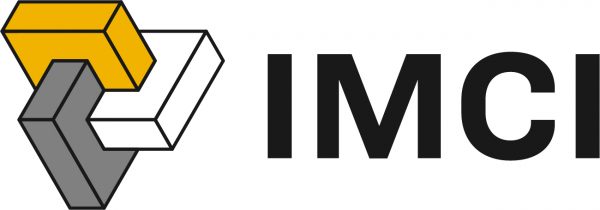
The Institute for Modeling Collaboration and Innovation (IMCI) is the university’s newest Level III Institute. Housed within the Office of Research and Economic Development (ORED), IMCI plays a pivotal role in advancing U of I’s strategic plan to be a leader in addressing large, complex problems.
Modeling improves research at every stage: making predictions, generating hypotheses, exploring scenarios, and guiding empirical work. It is a highly interactive process and often used when it is impossible or impractical to create experimental conditions in which scientists can directly measure outcomes.
A specific focus on modeling started on the U of I campus in 2015 with the Center for Modeling Complex Interactions (CMCI) – a five-year, $10.6M Center of Biomedical Research Excellence (COBRE) grant from the National Institutes of Health. Housed in the College of Science and supported by the COBRE grant, the center flourished.
The institute grew out of the center’s success. Now the organization is able to offer modeling support beyond the biomedical sciences. CMCI remains intact. It is the cornerstone grant and will continue advancing biomedical research and infrastructure under the institute’s supervision.
IMCI is the new face of the organization but most aspects of the unit remain the same.
Most importantly, IMCI continues to be a highly collaborative, service-based organization led by accomplished researchers: Holly Wichman, Director; Marty Ytreberg, Associate Director; Tanya Miura, Assistant Director; and Craig Miller, Modeling Core Director. It serves as a resource for any U of I researcher in need of modeling support, no matter which U of I college they are affiliated with. IMCI has systems and programs in place to guide and support interdisciplinary research at all levels.
For example, IMCI’s Modeling Core is a “brain core” populated by talented and collaborative postdoctoral fellows who provide modeling services to the community. Current modeling expertise spans molecular modeling, genomics, mathematical modeling, population genetics, machine learning, and geospatial modeling; and will soon include proficiency in statistical modeling.
Located on the third floor of the IRIC building, the institute’s staff also provides exceptional service to the IMCI community. This includes proposal submission, grant management, reporting, event management, communications support and financial processing.
Level III entities like IMCI are focal points for cross-disciplinary research at U of I and can draw on resources from multiple U of I units, external agencies and institutions. Sister U of I institutes under ORED’s supervision include the Aquaculture Research Institute (ARI), the Institute for Bioinformatics and Evolutionary Studies (IBEST), and the Idaho Water Resources Research Institute (IWRRI). Learn more about IMCI at www.imci.uidaho.edu or email imci@uidaho.edu to get involved.
